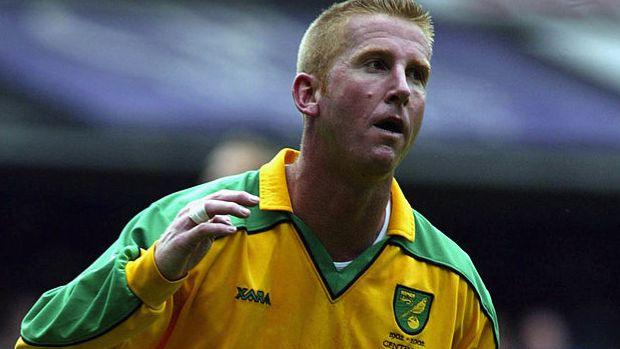Dementia: Footballer's son backs industrial injury call
- Published
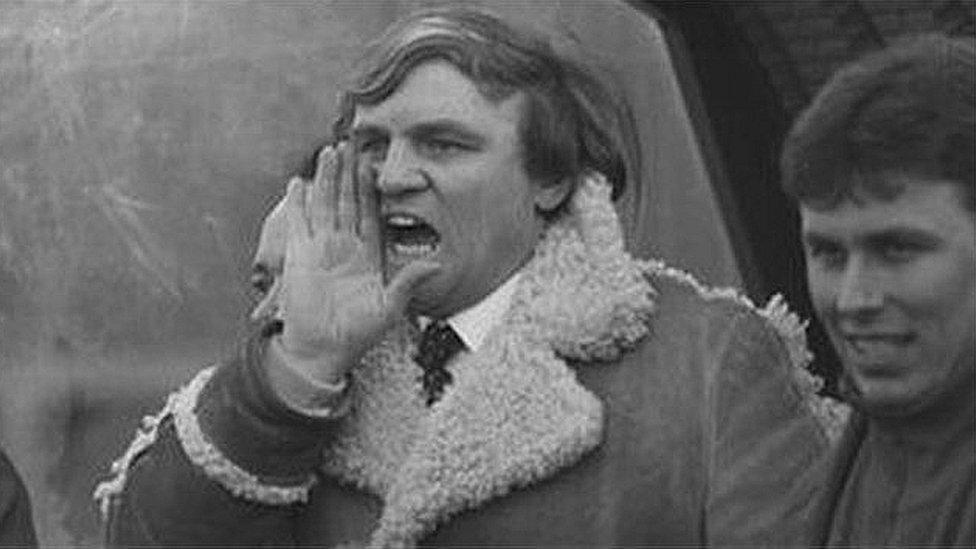
Billy Sinclair went into management after his playing days
The son of former Glentoran star Billy Sinclair has backed calls for dementia in ex-players to be treated as an industrial injury.
Sinclair, 74, was part of the Glens side which faced Benfica in 1967 and also played for Linfield and Chelsea, among other teams.
Last year he was diagnosed with dementia.
His son Jonathan is backing calls for diseases like Alzheimer's in ex-players to be deemed an industrial injury.
Research commissioned by the Football Association and the Professional Footballers' Association (PFA) in 2019 found that former footballers are three-and-a-half times more likely to die from degenerative brain diseases.
Martin McElroy, a Scottish Labour councillor, has called for dementia in ex-footballers to be treated as an industrial injury, which would entitle them to welfare support.
Speaking on the BBC's Good Morning Ulster programme, Jonathan said he was backing the stance.
"My dad was always the life and soul," he said.
"He was a larger-than-life player, full of anecdotes and stories and always in the thick of things.
"My mother jokes that football was the first love of his life."
The family noticed a change in him more recently.
"The last year I've noticed how he steps back a lot from conversations even with me," he said.
"He just listens to us."
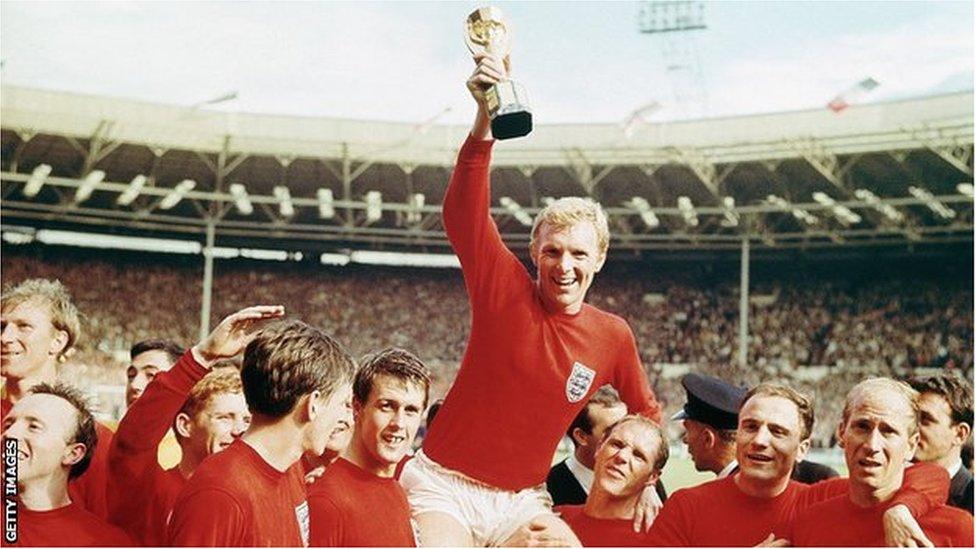
Five members of England's 1966 World Cup-winning team have been diagnosed with dementia
Billy Sinclair received the diagnosis of dementia early last year.
"When my dad got the diagnosis, the consultant said to my mother that she felt my father's playing career and heading the ball had a significant impact on him...she felt it was a major contributory factor," Jonathan said.
He said the family was "devastated" by a diagnosis that proved "life changing".
He believes the years of football and heading the ball had a role to play in his father's condition.
"What we have to remember is that back then, when these guys were playing to big crowds - 20,000 to 30,000 wasn't unusual - they were not getting paid money like the professionals do today," he said.
"They did it because they loved the game and they didn't know the risks involved.
"In light of that, any support that they and their families get would be very welcome."
In 2020, Sir Bobby Charlton became the fifth member of England's 1966 World Cup-winning squad to be diagnosed with dementia.
In February, former Scotland, Manchester United and Leeds United defender Gordon McQueen was diagnosed with vascular dementia.
A parliamentary inquiry into the link between sport and long-term brain injury has been launched with Professor Willie Stewart, who led the 2019 research, among a number of experts due to appear before MPs on Tuesday.
The PFA has set up a taskforce to examine the issue of brain injury diseases in football. Some former players have also agreed to take part in studies looking into the impact of head injuries.
Prof Stewart has warned the issue is "not just for older-era footballers but modern-era footballers as well".
Former England and West Brom striker Geoff Astle died of the condition in 2002, and his daughter Dawn is working alongside the Professional Footballers' Association to help shape the way it cares for former players.
Related topics
- Attribution
- Published3 March 2021
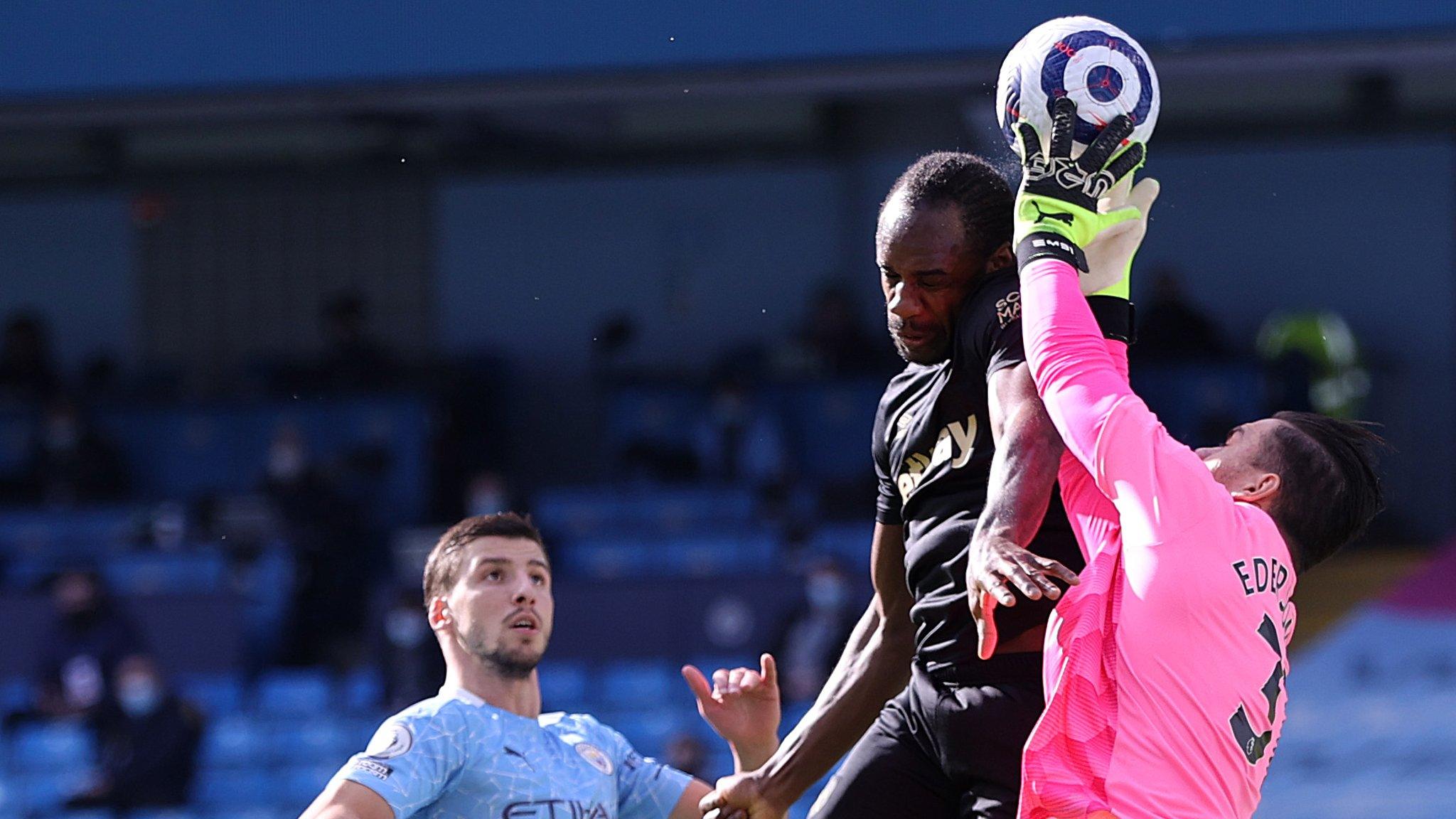
- Published24 February 2020
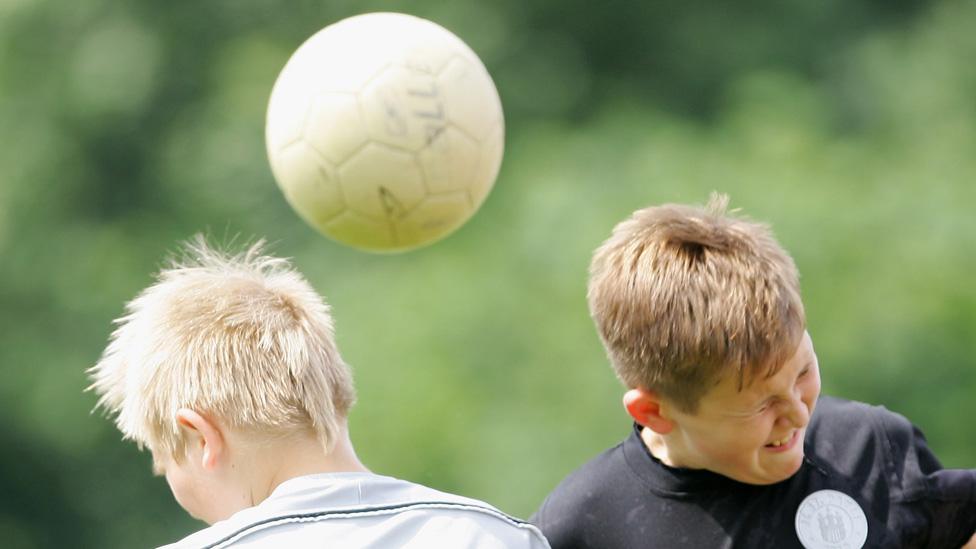
- Attribution
- Published15 December 2020
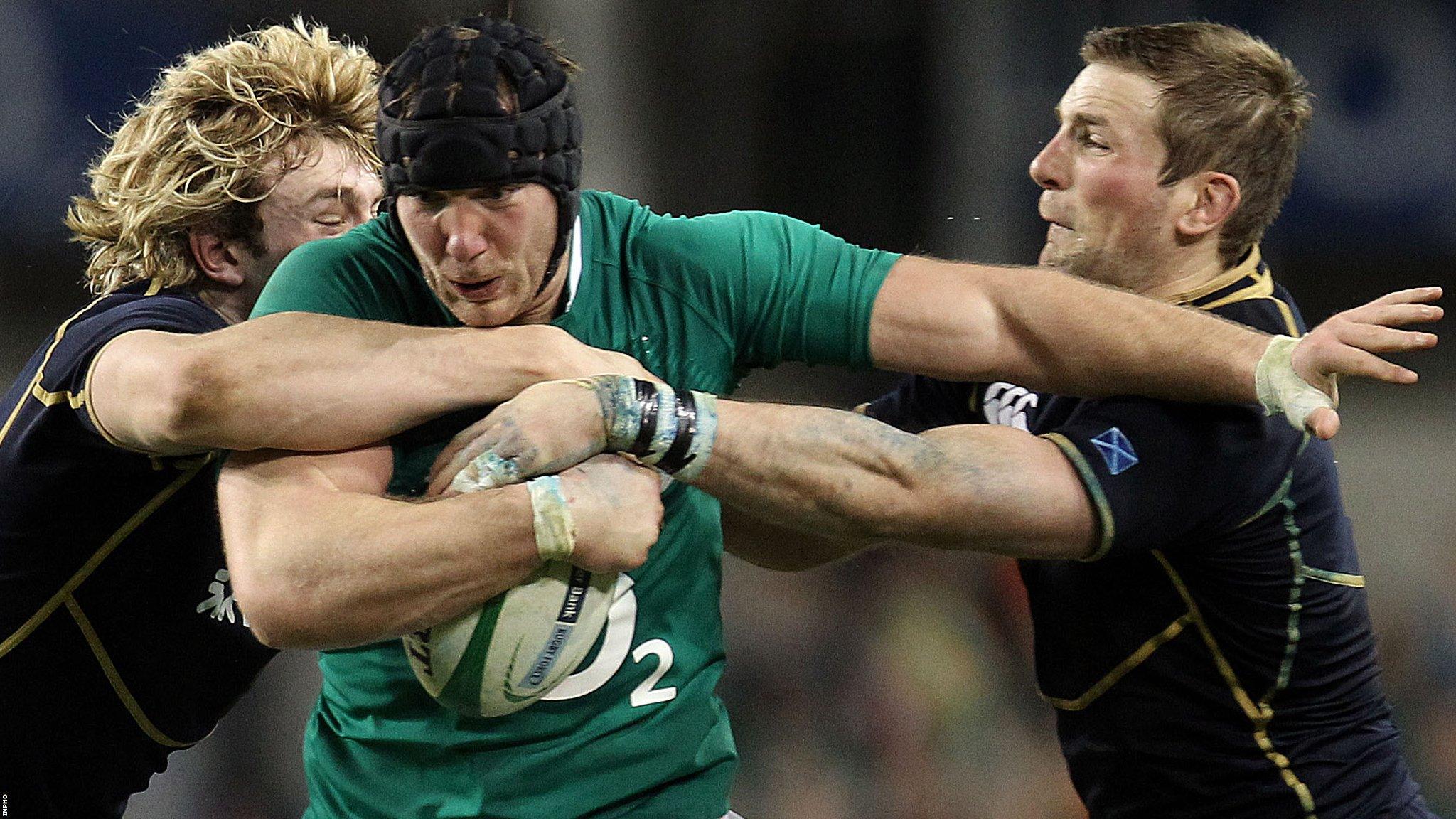
- Attribution
- Published4 November 2020
